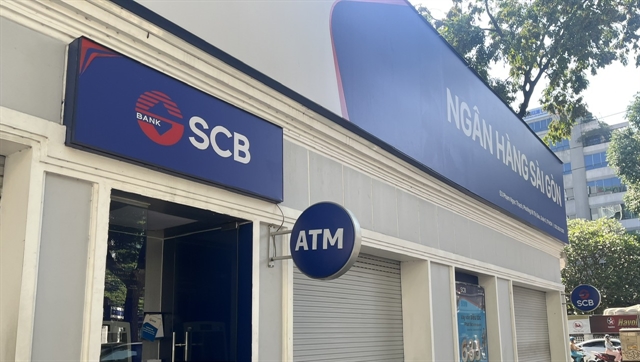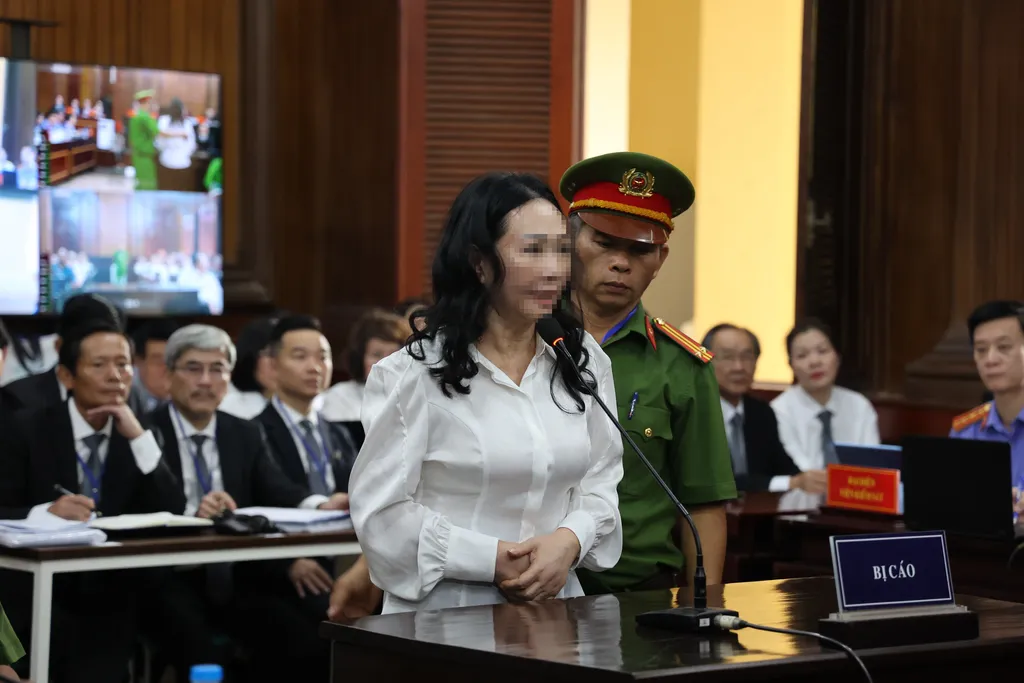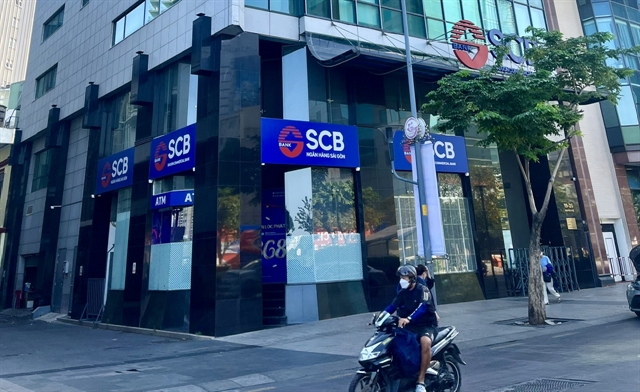 Economy
Economy

 |
| Trương Mỹ Lan, 68, chairwoman of Vạn Thịnh Phát Group, is on a trial in HCM City and faces a possible death sentence if found guilty. — VNA/VNS Photo |
HCM CITY — The chairwoman of major developer Vạn Thịnh Phát went on trial Tuesday along with dozens of others, accused of embezzling US$12.5 billion in Việt Nam’s largest financial fraud case.
Real estate tycoon Trương Mỹ Lan, 68, is accused of siphoning off VNĐ304 trillion ($12.46 billion) from Việt Nam’s largest private bank by assets, Saigon Joint Stock Commercial Bank (SCB), according to investigators. If found guilty, Lan could face a death penalty.
Her husband, Eric Chu, a Hong Kong businessman, is accused of helping her borrow money illegally from the bank and causing it a loss of VNĐ9.12 trillion.
Lan’s niece, Trương Huệ Vân, is on trial for causing a loss of VNĐ1.1 trillion to the bank.
Of the remaining accused, 45 are SCB executives, 15 are State Bank of Vietnam officials, three are from the Government Inspectorate, and one is a former official at the State Audit Office.
They all face charges of embezzlement, bribery, abuse of power while performing official duties, lack of responsibility causing serious consequences, and violating bank regulations.
In addition, Nguyễn Cao Trí, chairman of property developer Capella, is accused of appropriation of property for allegedly stealing VNĐ1 trillion from Lan.
There will be 2,400 witnesses and 200 lawyers, including five defending Lan.
The trial is expected to go on until April 29.
According to prosecutors, Vạn Thịnh Phát has a network of 1,000 shell companies that do not have any real operations and are all under its control.
They were all set up by Lan to borrow money from the lender and to acquire shares in it.
In 2011, Lan was proposed by the central bank to merge two other private banks with SCB.
Though she did not hold any positions at SCB, she owned a 91.5 per cent stake in the lender under the names of other people and entities.
Between 2012 and 2022, the lender gave Lan over 2,500 loans worth over VNĐ1 quadrillion, equivalent to 93 per cent of its loans.
In all, she is accused of causing losses of VNĐ498 trillion to the bank.
To conceal the lender’s poor financial situation, Lan bribed a total of 24 government auditors and inspectors.
Notably, Đỗ Thị Nhàn, former head of the central bank’s department of inspection and supervision, received $5.2 million in bribes, according to the police.
In addition, Vạn Thịnh Phát and its affiliates have also been accused of illegally issuing bonds to raise money from 42,000 investors from 2018-2020.
The police have identified them as victims of the scandal. The victims cannot withdraw their money and have not received interest or principal payments since Lan’s arrest in October 2022.
The police had asked the victims to work with investigators “to complete the investigation and protect their rights”.
The value of Lan’s alleged asset appropriation, which occurred between 2012 and 2022, was equivalent to over 10 per cent of Việt Nam’s GDP in 2022.
Documents weighing up to six tonnes will be handled during the longest trial ever in Việt Nam. If proven, this could be one of the largest financial frauds in Asia.
In a related development, Đỗ Anh Dũng, chairman of developer Tân Hoàng Minh Group, will also face trial this month for illegally acquiring $355 million in a bond sale to more than 6,500 investors.
The arrest came as part of a national corruption crackdown that has swept up many officials and members of the country’s business elite in recent years.
Việt Nam has recently emerged as one of Southeast Asia’s biggest economic success stories with disbursement of foreign direct investment rising to over $23 billion last year, up 3.5 per cent year-on-year.
Experts have warned the scandal could challenge the country’s efforts to lure foreign investment to become a global electronics hub for major foreign companies.
The Prime Minister has repeatedly blamed the central bank, Ministry of Finance, and the State Securities Commission, for their “weak management” that caused the problems. — VNS
 |
| The headquarters of Saigon Commercial Joint Stock Bank on Nguyễn Huệ Street in downtown HCM City’s District 1. VNS Photo Bồ Xuân Hiệp |